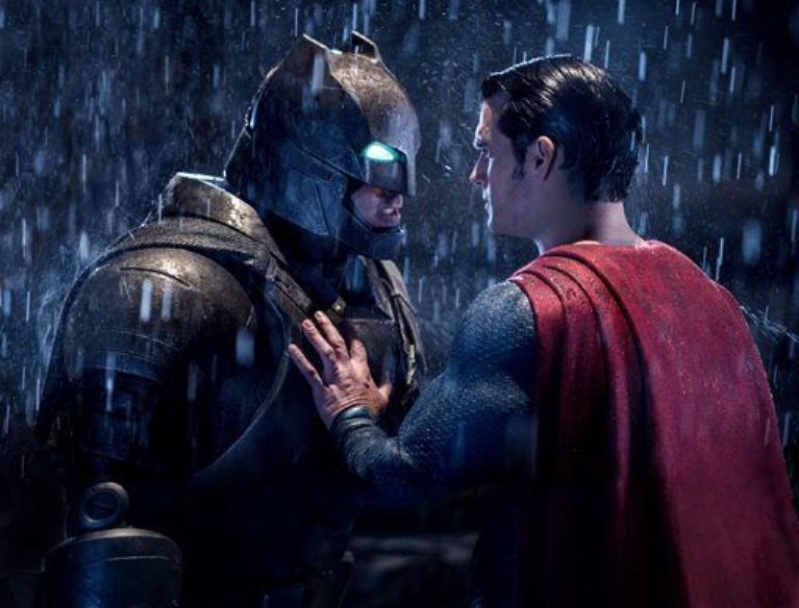
"I've thought about this a lot, and I think the best way to go with 'Batman v Superman: Dawn of Justice' would have been to make the religious themes and questions of the movie the real subject of the film," said movie critic Alyssa Rosenberg. The movie was released March 25.
In the Washington Post, Rosenberg Thursday confided she didn't think "Batman v Superman: Dawn of Justice" was a good movie. "But like a lot of Zack Snyder movies, the incoherent clash between Superman (Henry Cavill) and Bruce Wayne (Ben Affleck) has lingered in my brain in the nine days since I've seen it."
Though she isn't a screenwriter or director, the critic stated she had thought a great deal about what might have rescued the movie from itself.
She said she has continued to ponder a review of the movie done by Alissa Wilkinson, who she said is the best critic currently working from a Christian perspective. "Wilkinson goes to town on the careless way 'Batman v Superman: Dawn of Justice' trots out theological pondering and imagery," wrote Rosenberg.
"Lex Luthor Jr. gets the lion's share of the religious lines, trotting out God, or his vengeful and ultimately weak tribalist idea of God, as a metaphor for Superman. He declares loudly that God is dead, or isn't dead, or will be dead, or ought to be dead; I wondered briefly if the 'God's Not Dead' franchise filmmakers had indulged in product placement," Wilkinson wrote. "I guess you could find that offensive, but mostly it's just lazy, because it's not there to do anything, to make any actual statements about good and evil and God."
Rosenberg said she agreed that the treatment of religion in "Dawn of Justice" doesn't work, and that she wished Snyder had stripped down everything else jumbling up his superhero extravaganza and explored religion instead.
"There's no question that Superman's arrival on Earth, and the revelation of his existence and capabilities, would pose profound questions for both science and religion," said Rosenberg.
Snyder's inclination in both "Man of Steel" and "Dawn of Justice" has been to keep those challenges to the established order in the background to juice the stakes in the stories he's telling about national security and human safety, wrote Rosenberg.
But in a way, Rosenberg said she believes that decision ends up shrinking both movies, rather than expanding them. "The same old skyscrapers get knocked down, and monsters rampage through the same old industrial parks. But Snyder's movies don't manage to communicate how profoundly life on Earth must have changed amidst all the chaos."
Rosenberg offers that the changes caused by Superman should be the story.
"Show us how the pope and Catholicism's belief in miracles make sense of Superman, and contrast that with mainline Protestantism. Take us inside the new religious movements that inevitably grow up around Superman himself and look at how Silicon Valley's so-called lifehackers respond to the presence of an actual Superman in their midst," continues Rosenberg.
"Rather than trying to give Wallace Keefe (Scoot McNairy) some sort of convoluted back story involving Wayne Enterprises, why not give him some sort of theological motivation for his bombing of the U.S. Capitol?" she posed.
She also thought moving Lois Lane (Amy Adams) to the religion beat in this context would both tie her to the movie's core in a sensible way, and be a more practical decision than anything else Perry White (Laurence Fishburne) says in "Dawn of Justice."
Focusing more closely on the radical changes society would experience in the wake of Superman's appearance might even pave the way for a rational alliance between Batman (Ben Affleck) and Lex Luthor (Jesse Eisenberg), said Rosenberg.
Rosenberg said she thinks filmmakers and show runners often shy away from addressing religion explicitly because they're afraid of doing it wrong or offending believers. "But 'Batman v Superman: Dawn of Justice' is a great example of a movie that would make more sense and feel less manipulative by going straight at its theology, rather than trying to sneak it in."







